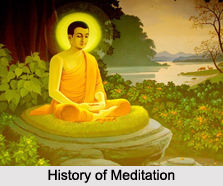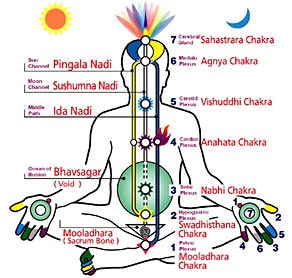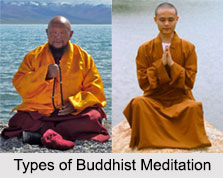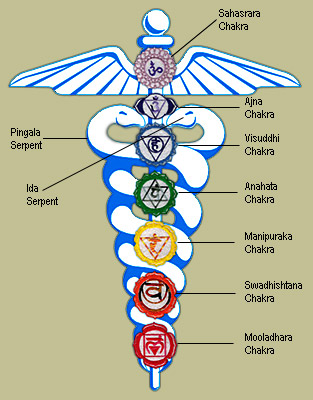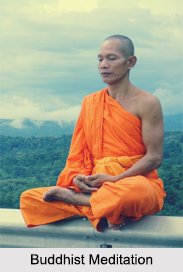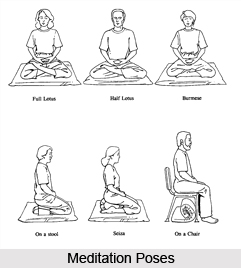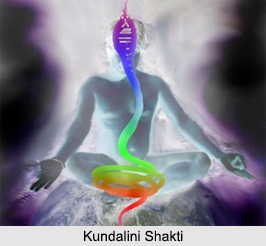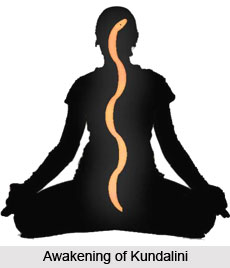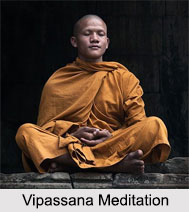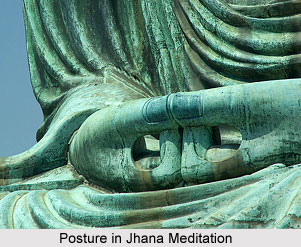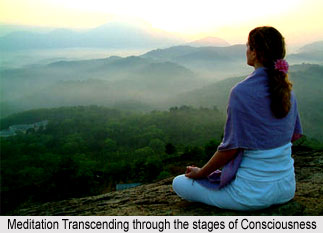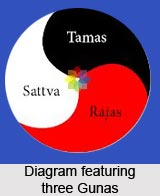The hypnosis is a common practice in the popular culture that carries many notions. The common belief is that, in hypnosis, people are susceptible to commands outside their consciousness, which is actually not true according to many experts.
 Control: Some believe that hypnosis is a form of mind control and or brainwashing that can control a person`s behavior and judgment and thus can cause harm to them. These believe do not rely on any scientific evidence, as there is no scientific agreement on whether mind control even exists. But there are people interested in research on controlling the mind by hypnosis. These techniques can be analyzed using scientific method and reasoning skills.
Control: Some believe that hypnosis is a form of mind control and or brainwashing that can control a person`s behavior and judgment and thus can cause harm to them. These believe do not rely on any scientific evidence, as there is no scientific agreement on whether mind control even exists. But there are people interested in research on controlling the mind by hypnosis. These techniques can be analyzed using scientific method and reasoning skills.
Unconscious State: The word hypnosis is derived from the Greek words for `sleep` and `state` and many of the hypnotists still use the word `sleep` and `awake` but hypnosis is not sleep. The modern school of hypnotists think that the conscious mind is still active, only much subdued but not totally off. From the mental standpoint, a subject who is hypnotized is relaxed yet alert and always aware at some level. Some scientists call this state of mind as `Trance`.
Weak-mindedness: The hypnosis is popularly though as `mind-control`, which is incorrect and some people thinks that the ability to experience hypnosis is related to the strength and soundness of the mind. However, the common notions that people who are more gullible, submissive or with low intelligence can be readily hypnotized but these traits are not proved by the scientists. Research studies reveal that hypnosis never depends on intelligence, gender or personality traits but hypnosis may actually depend on hereditary or genetic traits.
It is still not very clear why some people are more prone to hypnotic suggestions than the others, many hypnotists suggest that someone who is more intelligent has more chance to follow the hypnotic suggestions which nullifies the idea of `weak-mindedness` as better prone to hypnotism. During hypnotism, the more intelligent persons interpret a wider array of suggestions and can readily understand the ways of suggestions that are to be followed. It is noted that if a person is given suggestions and it is not understood then either something unexpected would happen or nothing will happen, as the suggestion will be completely ignored. So, whether a person will be subjected to hypnosis or not, does not depend on the stronger or weaker mind.
Overactive Imagination: The other misconception in popular culture is that hypnosis is the product of vivid imaginations and those hypnotic phenomena is imagined in the mind. Research studies have revealed that more imaginative people do not perform well as hypnotic subjects. Moreover, studies using PET scans have shown that hypnotized subjects suggest that they have auditory hallucinations. This is demonstrated by the regional blood flow in the same areas of brain as real hearing, whereas subjects did not merely imagined that there was noise.

